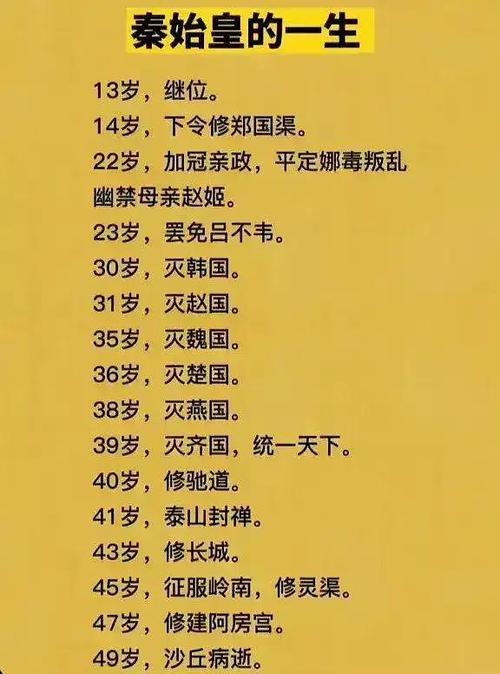
China's First Emperor's Obsessive Quest for Immortality
China's first emperor, Qin Shi Huang, is renowned for unifying China and leaving behind the awe-inspiring Terracotta Army. However, his reign was also marked by an obsessive pursuit of immortality, a quest that ultimately consumed his final years. New archaeological research reveals the extent to which Qin Shi Huang went to attain eternal life, showcasing the lengths to which power and fear can drive an individual.
The Legend of the Elixir of Life
Central to Qin Shi Huang's pursuit was the belief in the existence of a legendary potion known as the elixir of life. This mythical concoction, whispered about in ancient Chinese mythology, was said to grant immortality to anyone who consumed it. The emperor, obsessed with holding onto his power and terrified of death, became fixated on finding this elusive elixir.
A Nationwide Hunt
Driven by his desire for immortality, Qin Shi Huang initiated a nationwide hunt for the elixir of life. He dispatched envoys to the farthest reaches of his empire and beyond, tasking them with scouring every corner for any information regarding the potion. He consulted with countless scholars, alchemists, and hermits, all reputed to possess ancient knowledge of immortality. His efforts were driven by a potent mix of fear and ambition, a desire to cheat death and rule his vast empire forever.
The Price of Obsession
The emperor's relentless pursuit of immortality came at a high cost. Vast sums of money were poured into funding expeditions and rewarding those who claimed to have knowledge of the elixir. Unfortunately, this obsession blinded the emperor to the realities of his quest. He fell prey to charlatans and opportunists who peddled false promises of eternal life, further fueling his obsession and depleting the empire's resources.
The Irony of Irony
Ironically, Qin Shi Huang's quest for immortality ultimately contributed to his demise. Consumed by his search for the elixir, he ingested various concoctions prepared by alchemists, many containing toxic substances like mercury. These substances, meant to grant him eternal life, likely hastened his death at the relatively young age of 49.
Legacy of an Obsession
Qin Shi Huang's pursuit of immortality may have been futile, but it offers a fascinating glimpse into the mind of a powerful ruler grappling with his own mortality. His story serves as a cautionary tale, highlighting how the fear of death and the allure of power can lead even the most formidable individuals down a dangerous path. While his reign saw the unification of China and the creation of enduring wonders like the Great Wall, Qin Shi Huang's legacy remains intertwined with his ultimately tragic quest for eternal life.
Q&A
Q: What is Qin Shi Huang most famous for?
A: Qin Shi Huang is most famous for unifying China in 221 BCE, becoming its first emperor, and for the creation of the Terracotta Army, a vast collection of life-size terracotta sculptures depicting his army.
Q: What role did the elixir of life play in Qin Shi Huang's reign?
A: The elixir of life, a mythical potion believed to grant immortality, became an obsession for Qin Shi Huang, who launched a nationwide search for it in hopes of achieving eternal life and maintaining his power.
Q: How did Qin Shi Huang's quest for immortality contribute to his death?
A: Ironically, Qin Shi Huang's pursuit of immortality likely contributed to his death as he ingested various concoctions containing toxic substances like mercury, believing they would grant him eternal life.